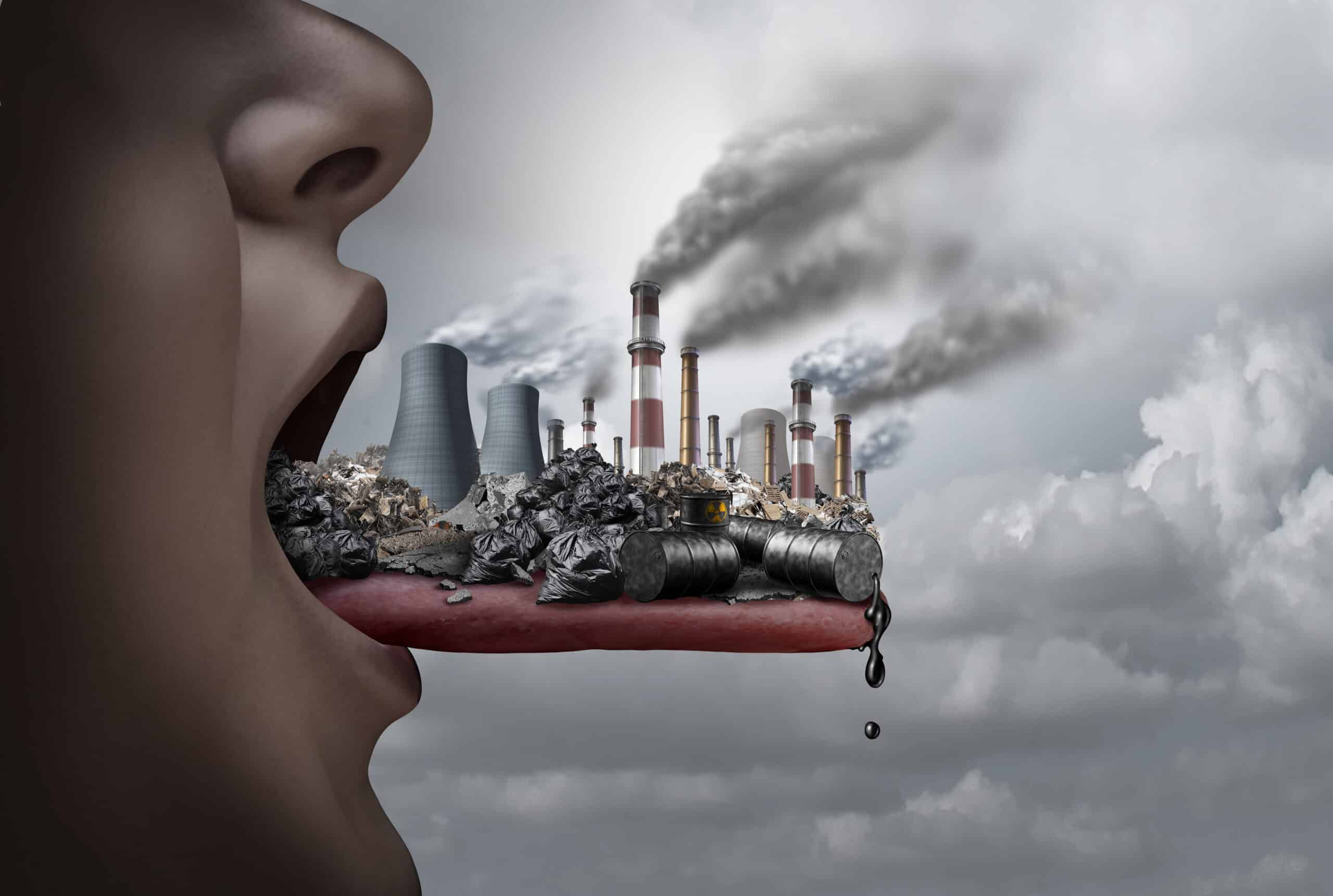China has an annual economic growth rate of 8%, but the level of satisfaction in the urban population has not increased as much as it would be expected. Quality of life residing in the major cities is affected by concerns over food safety, air pollution, increasing housing costs, and inadequate public services.
MIT researchers explored a broader range of effects that air pollution has on the everyday lives of those living in the highly polluted cities in China by using data on urban levels of ultrafine particulate matter concentration from air quality readings released by the Ministry of Environmental Protection in China daily. Airborne particulate matter has become the main air pollutant in most urban Chinese cities, these tiny particles which can be only 2.5 microns in diameter are dangerous to the lungs.
“Pollution also has an emotional cost. People are unhappy, and that means they may make irrational decisions. Social media gives a real-time measure of people’s happiness levels and also provides a huge amount of data, across a lot of different cities,” says Siqi Zheng of Massachusetts Institute of Technology.
Daily happiness of citizen for each city was measured using a machine learning algorithm that assessed 210 million geotagged tweets posted on China’s largest microblogging platform; the happiness index ranged from 0 being a very negative mood to 100 indicating a very positive mood, and this was combined the index with the daily PM 2.5 concentration and weather data.
The researchers found a significantly negative association between pollution and happiness levels; people with higher incomes and women in particular were found to be more sensitive to higher pollution levels than men. Those that live in both thecleanest and dirtiest cities were found to be the most severely affected by pollution levels, this is believed to be due to the fact that people who are concerned about health and air quality tend to move to cleaner cities, while those in dirtier cities are more aware of the damage being caused to their health by exposure to the pollutants.
According to another study published in the journal Psychiatry Research children who grew up in areas with higher air pollution tend to develop major depression by the age of 18. Data was combined from a group of children from London with high resolution data on UK air pollution levels. Symptoms of depression, anxiety, ADHD, and conduct disorder in children aged 12-18 were measured, taking into account other factors that may affect mental health. Children who grew up in the most polluted areas at age 12 were found to be 3-4 times more likely to develop depression by the age of 18 than those who lived in the cleanest areas; ADHD and anxiety were not associated with air pollution.
The researchers believe that greater substantial efforts should be invested into reducing Pollution in all urban areas to reduce the amount of damage it can bring to people’s physical and emotional well being, especially given the effects of exposure to high levels of pollution at an early age on mental health.




